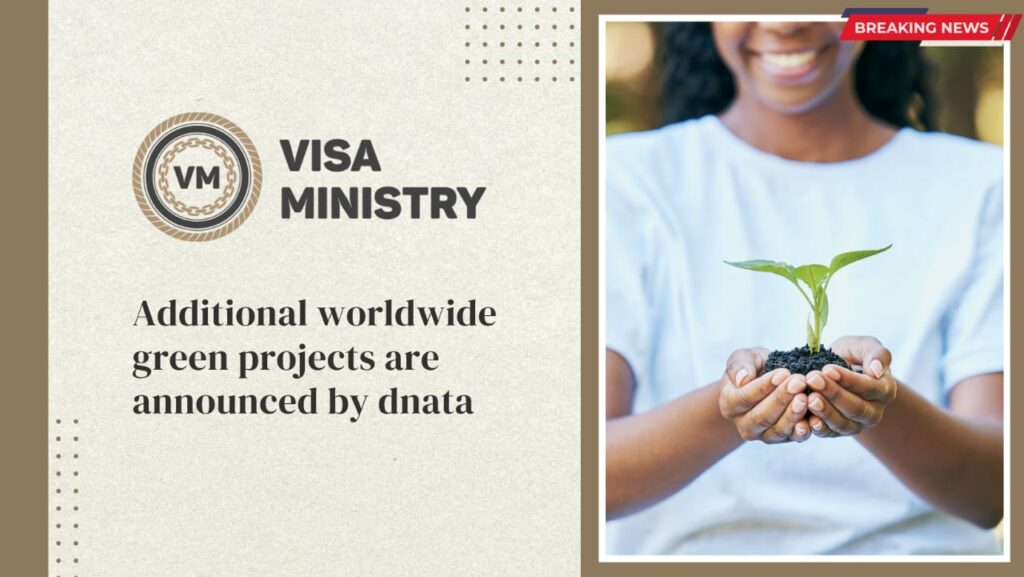As part of its two-year green operations plan, dnata, a worldwide supplier of aviation and travel services, keeps working to achieve its goal of cutting its carbon footprint and waste to landfill by 20% by 2024. The company’s most recent major projects include process improvement, sustained large investment in infrastructure, and green ground support options.
To further improve its worldwide environmental efficiency, dnata stated in June 2022 that it will invest US$100 million in green operations over the course of two years.
“We are proud to have made significant progress on improving our environmental performance since the announcement of our strategic objectives,” stated Steve Allen, CEO of dnata Group. I want to congratulate everyone on our team for their efforts and contributions to our green programmes, which enable us to have an impact on all of our operations throughout the world.Along with our partners, we will keep making investments and making an attempt to lessen our environmental impact.
Putting money into green energy
Dnata has persisted in making large investments in renewable energy as part of its attempts to further increase global resource efficiency. This entails setting up rooftop solar power systems at all of its current facilities.
At its operations facilities in Singapore and at its SnapFresh plant in Australia, dnata has solar panels installed. These provide more than 4,300 MWh of renewable power each year, preventing the release of almost 1.85 million kilogrammes of carbon dioxide. Pakistan also started phase 1 of a solar PV panel installation that would produce 244,000 kWh annually. Additionally, all power purchased in the UK and Ireland comes from municipal systems that use renewable energy sources.
Using less water
In addition to solar energy, dnata is spending money on systems to collect and reuse rainwater and condensate from air conditioners at both its old and new sites. These programmes optimise water use and related expenses.
The 20,000m2 freight facility in Iraq owned by dnata will include a rooftop rainwater harvesting system among other eco-friendly components when it opens in 2024. By 2025, this will gather, clean, and store rainwater in subterranean tanks for use in irrigation systems within the building and for drinkable purposes. This will result in a 50% reduction in water expenses. Using the same technology, the system has also been set up in the Philippines to collect and recycle rainwater for drinking and washing. Additionally, this technology will soon be used at the dnata facilities in Singapore.
A reverse osmosis plant has been developed by dnata to reuse condensate water from the cooling systems in its cargo facilities in Dubai due to the arid environment of the UAE. This has led to the daily reuse of 5,000 litres of water for cleaning and washing.
At its Corporate Headquarters, dnata Travel Centre, and Alpha catering facilities, dnata also introduced a bottle-free drinking water system that will cut plastic usage and save more than 95,000 litres of bottled water annually.
Source: traveldailymedia

